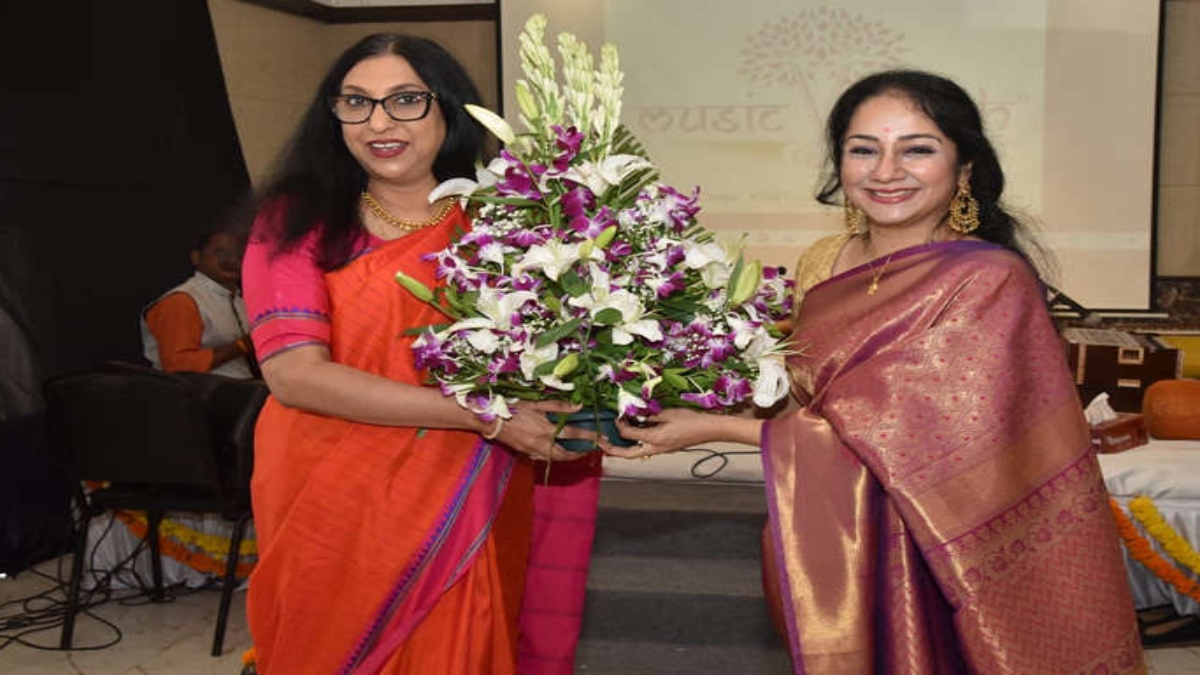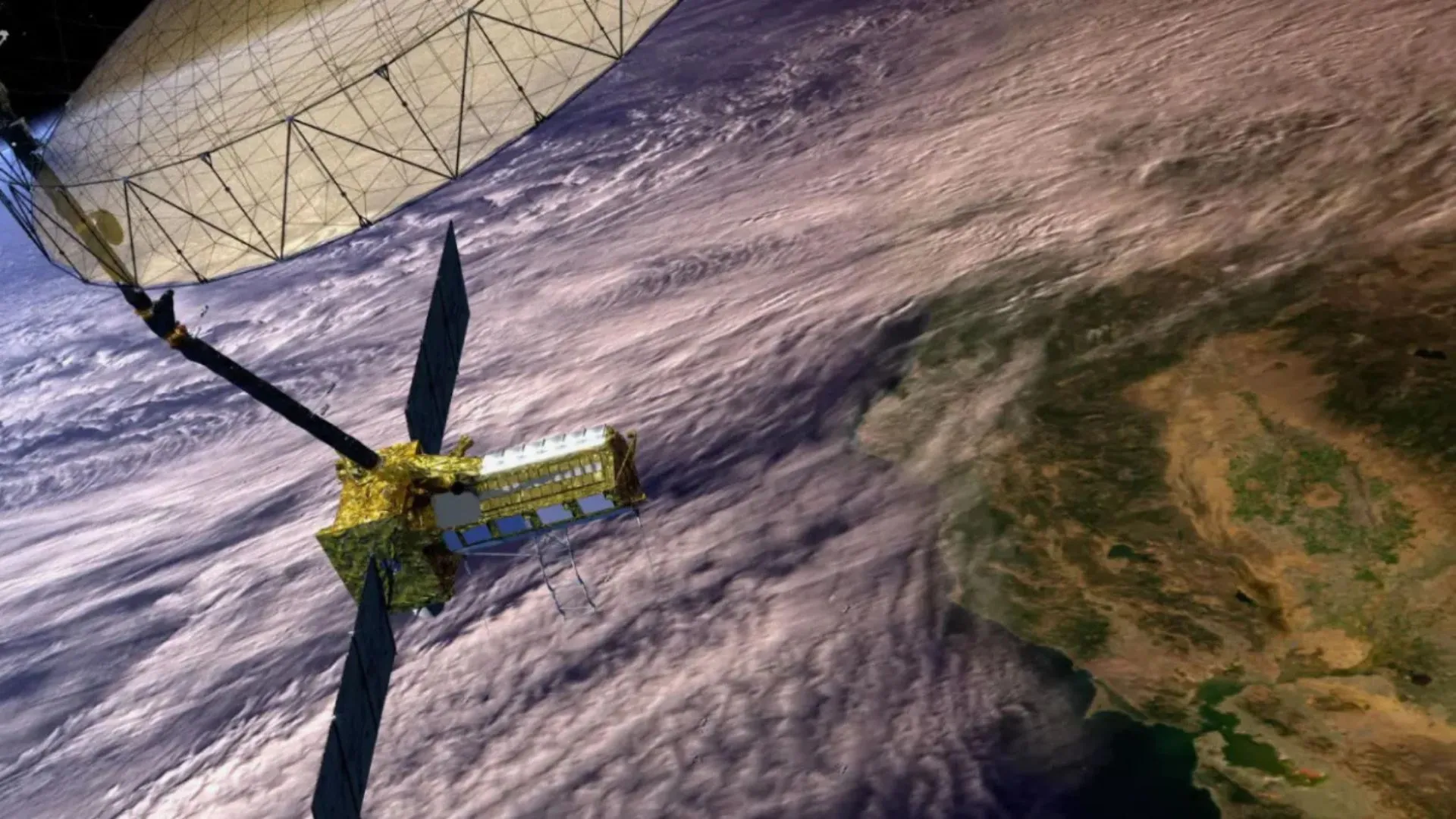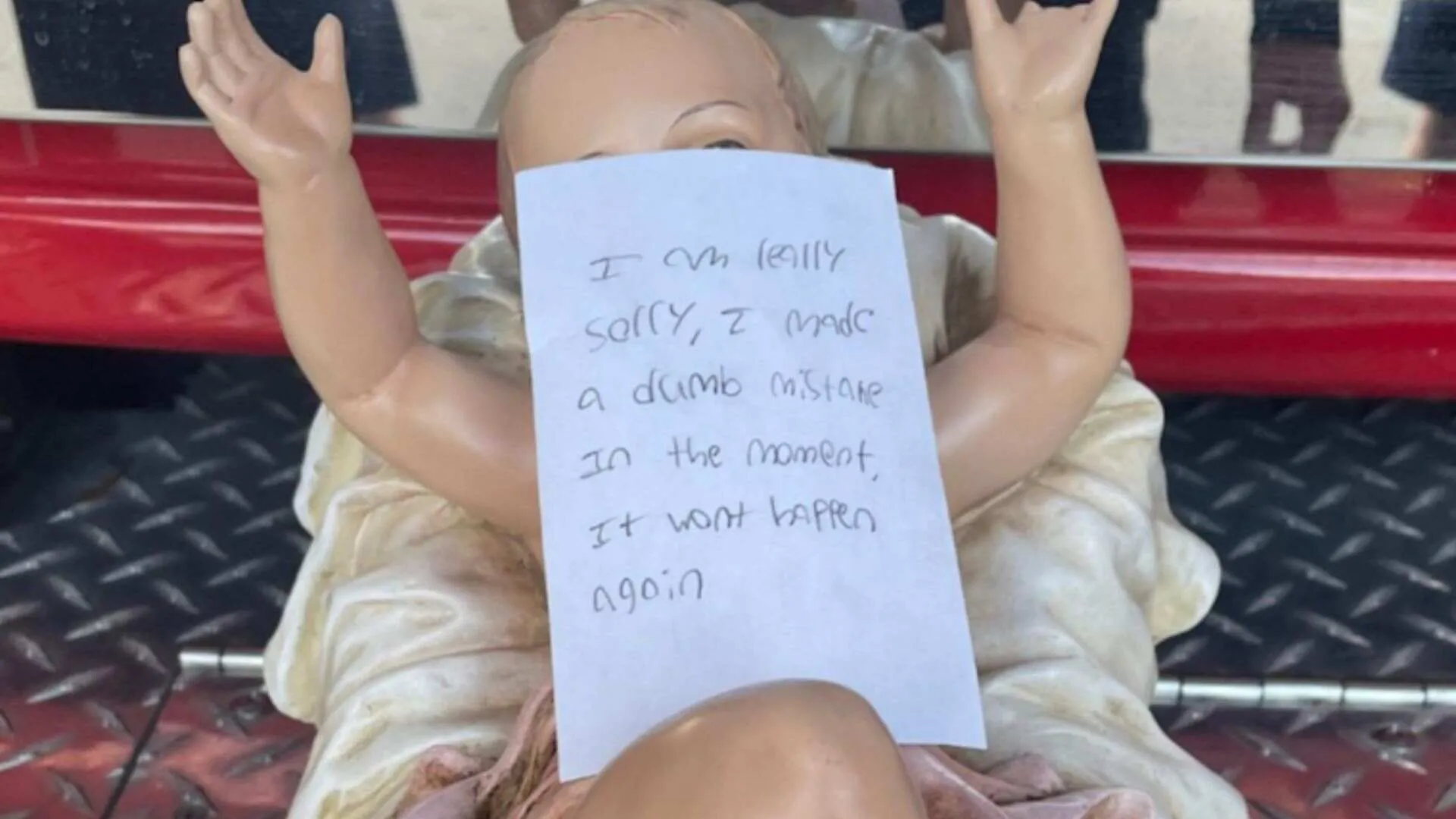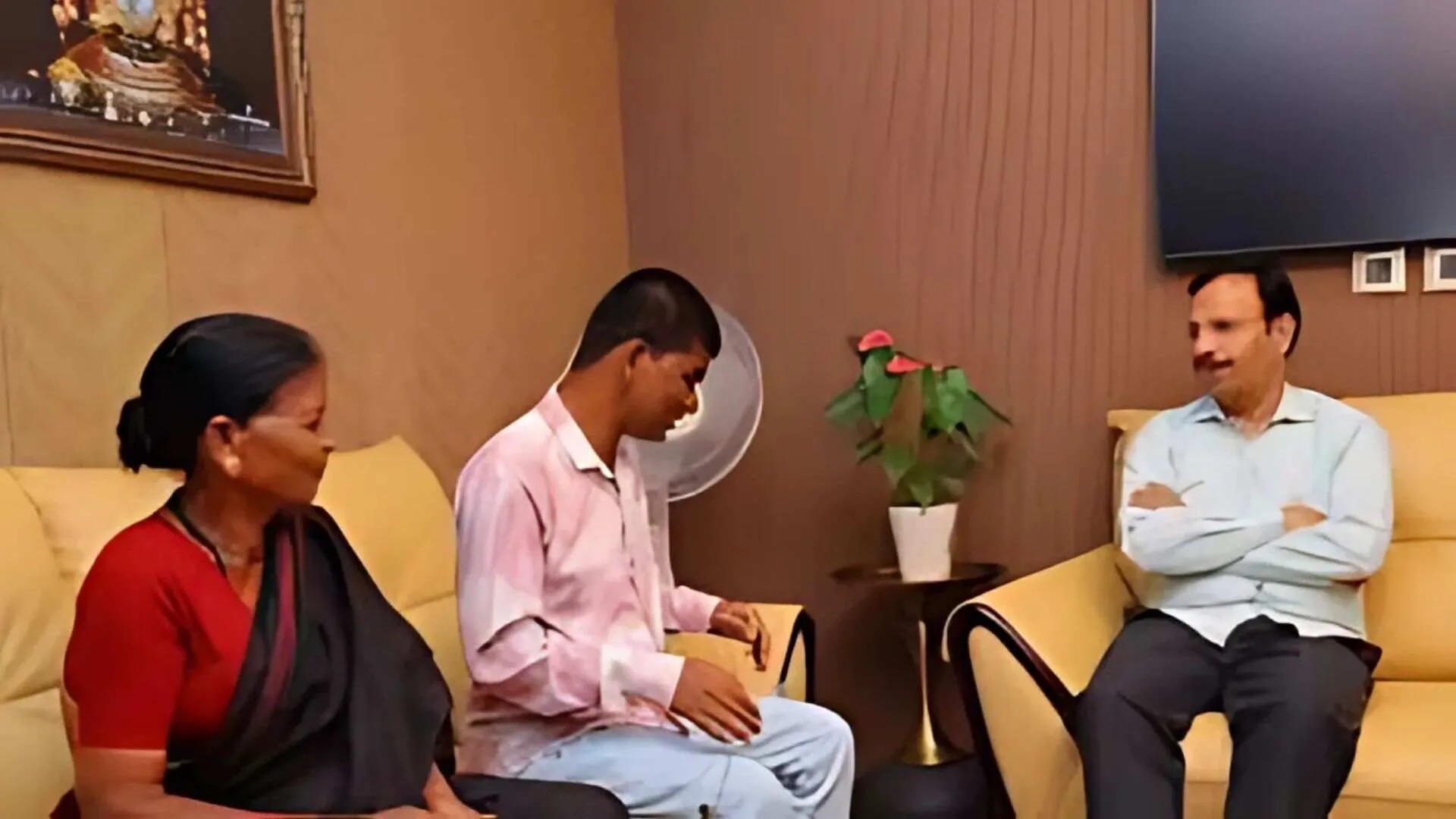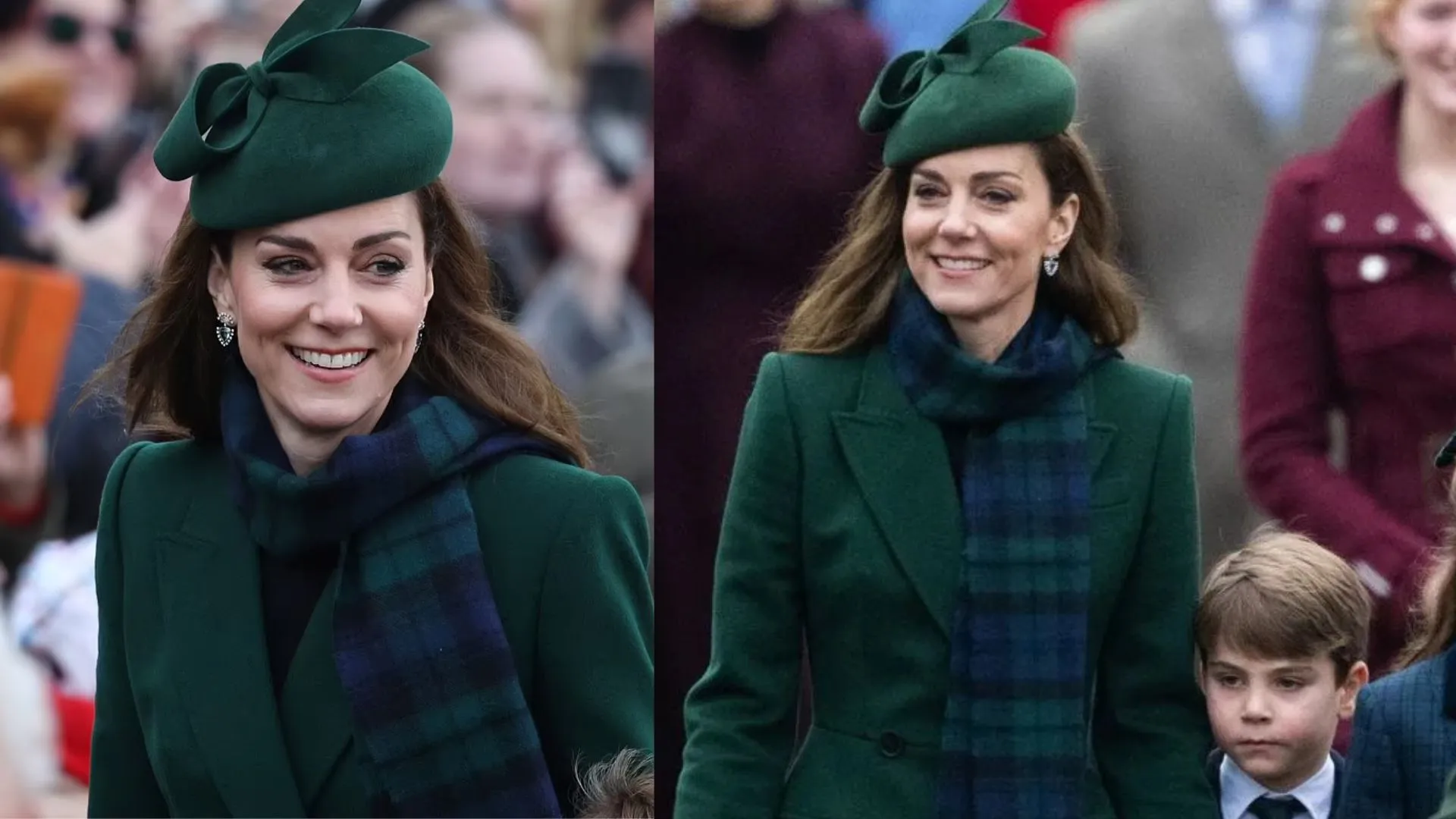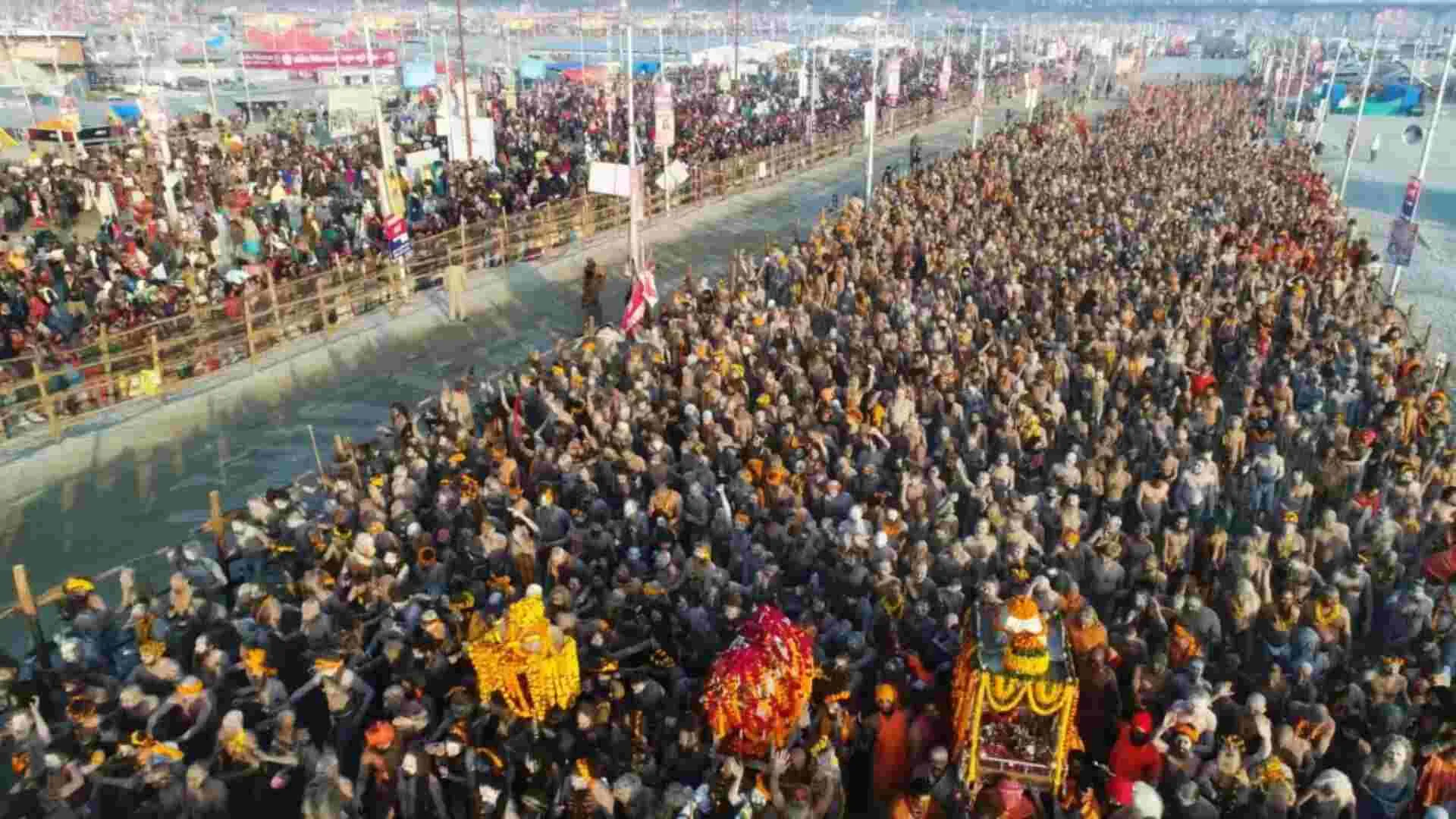As I saw the logo of my venture, Music Vruksh, projected on to the screen while in the middle of the annual Baithak, an event we conduct for students and music aficionados, I experienced a surreal feeling.

The event was presided over by the executive director of World Trade Center, Mumbai, Rupa Naik. Nithya and team’s performance.
Nithya and team’s performance. Nithya and team Music Vruksh.
Nithya and team Music Vruksh.
It was years ago when a friend of mine and I sat down to think of a logo that would personify everything I had dreamt of doing with my music. The logo had to symbolise Indianness; it had to convey inclusiveness and compassion. It had to tell people that Indian classical music is deep and rooted in spirituality. It had to be a logo that would tell everyone that this movement would grow; the movement to demystify and make Indian Classical music accessible to one and all for its aesthetic, spiritual, and wellness benefits. And thus came the logo of the musical tree of Music Vruksh. Incidentally, Vruksh means tree in Sanskrit. The designer had skillfully crafted the V of vruksh using the image of two taanpuras crossing each other.
Many years after that incident, as the Music Vruksh Baithak was underway last week, I indulged in emotional pride at what I, my team and Music Vruksh had achieved. It was touching to see people from age four to fifty sitting on stage with professional classical music accompanists and trying and succeeding in pulling off Indian Classical Ragas. It was even more heartening to see them enjoy themselves and feel validated by the applause and encouragement from the audience. I had done it. We had done it. Classical music had touched these people in a way that connected their souls to it. This was my dream, my vision, my deepest desire.
As the programme continued, it was the turn of the Music Vruksh team to render our professional performance. A performance that contained only my own compositions had to be learnt by my team-mates within a span of just a few weeks. They were in Raagas, which was relatively unfamiliar to them, but my team stepped up and gave their hearts to their practice. The compositions were based on pure Indian Classical music, but were composed in such a manner that they would be able to reach every soul that would be hearing them. As we finished our finale piece, it happened again! That surreal feeling, I held back tears looking at the standing ovation from lay listeners and people from all walks of life, as they applauded heartily for this erstwhile elitist form of music.
Bringing an event together is a Herculean task. Being an artist myself and leading a team that is far removed from anything to do with event management, bringing this event together was tedious. Months of effort followed by rehearsals of students, rehearsals of the team, along with meetings with sound professionals, decorators, and the stage team defined our daily routine.
In addition, managing the ticketing and logistics of the audience, which included over a hundred people, was tiring and exhausting. Logistics often took precedence over music, and we, as a team, had to wear many hats to make this work; as event managers, as teachers, and as musicians. We were worried about this shift in priorities and worried about whether the music itself would suffer.
But it has been my deep belief that no experience or effort is really wasted. At the end of it all, we managed to come around to doing what we had originally wanted. We have included many more families into the fold of classical music. We had fulfilled the yearning of all those hearts that wished to break into a song and receive the divine blessing of God as classical ragaas emerged from their vocal cords and their hearts.
In an earlier column piece, I wrote about bridging the gap between the worldly and the divine through music. Our event this year was a true case in point. From difficult negotiations with suppliers, mind-boggling logistics and all the people management we needed to do, we moved through to a divine and blissful culmination to our event. People from all parts of the world heard our music live, and were moved and touched. Our international students expressed deep gratitude at our idea to relay their performances while still giving them live accompanying support from the venue. Thanks to technology for that.
Overall, it was a divine, blissful, and happy experience for me and my devoted team. It will continue to tell us to work harder and better at our goal and to never give up. It was truly an event to remember!
The event received huge impetus with the presence of executive director of World Trade Center Mumbai Rupa Naik.
The writer is a vocalist of both Hindustani and Carnatic Classical music, with over three decades’ experience. She is also the founder of Music Vruksh, a venture to make classical accessible for its aesthetic and wellness benefits.

